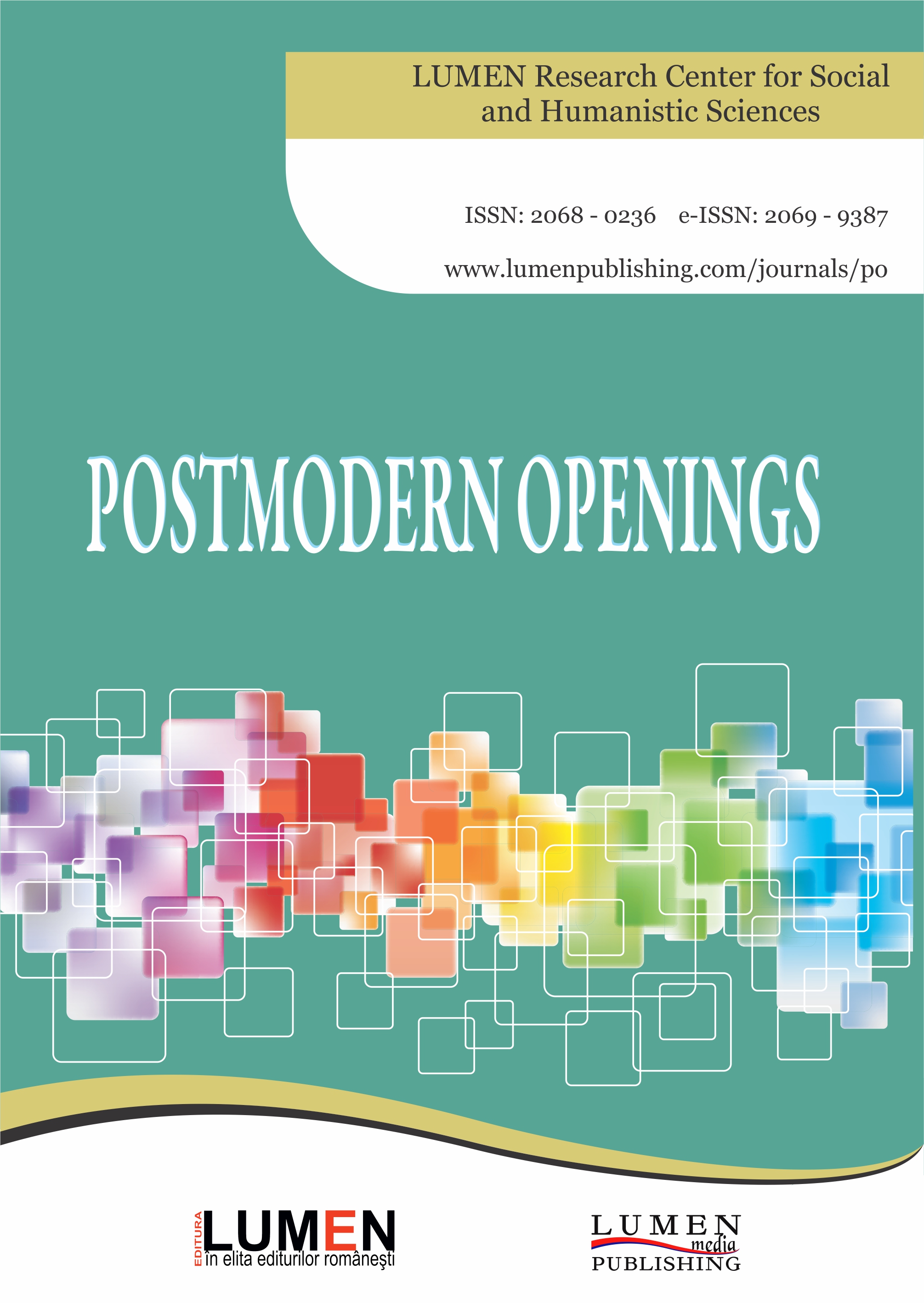Development of Professionally Oriented Intercultural Competence of Future Tourism Experts in the Conditions of Post-Industrial Postmodern Society
Development of Professionally Oriented Intercultural Competence of Future Tourism Experts in the Conditions of Post-Industrial Postmodern Society
Author(s): Oksana Bihych, Yana Okopna, Madina Shcherbyna, Nelia Zuienko, Valentyna Chernysh, Bohdana KuksaSubject(s): Philosophy, Social Philosophy, Management and complex organizations, Tourism, Translation Studies, ICT Information and Communications Technologies, Globalization
Published by: Editura Lumen, Asociatia Lumen
Keywords: Information society; foreign language competence; globalization; management; intercultural interaction;
Summary/Abstract: The problem of formation of professional intercultural competence is relevant in the conditions of post-industrial postmodern society. The article highlights main trends in factors of intercultural competence. The article considers different approaches to determining the foreign language competence of tourism experts to intercultural competence. The analysis of theoretical and methodological approaches gives grounds to define the concept of German-language competence and qualifications of tourism experts. In the context of the study, the features of intercultural competence are identified. The objectives of the article are to determine main aspects of the formation of professional German-speaking competence of future tourism experts. In the course of the research the world and domestic experience of professional competence formation of future tourism experts and formation aspects of foreign language professional competence are analyzed. Also, based on the study, it can be argued that there is no single approach to the future tourism professionals formation of intercultural competence. Methods of analysis, synthesis, a research method and method of content analysis were used in the research. Based on the study, it is proved that levels of intercultural competence are controlled processes in the context of the use of modern educational technologies. Future tourism experts combine knowledge and skills in professional terms to achieve a high level of qualification. The results of the study are the basis for extracurricular activities in the formation of foreign language competence.
Journal: Postmodern Openings
- Issue Year: 13/2022
- Issue No: 4
- Page Range: 389-401
- Page Count: 13
- Language: English

